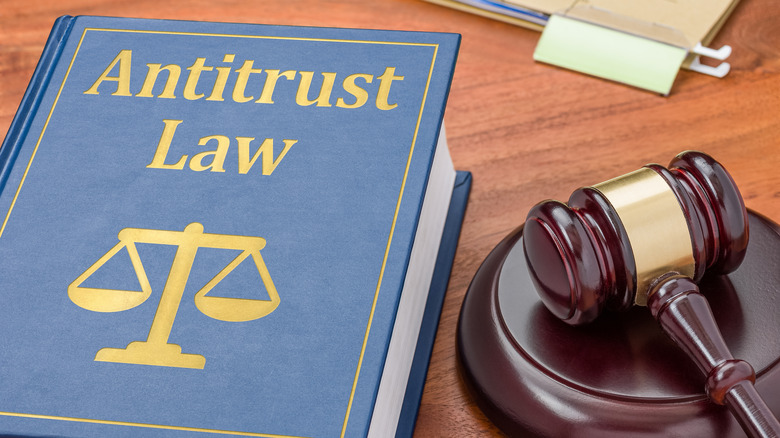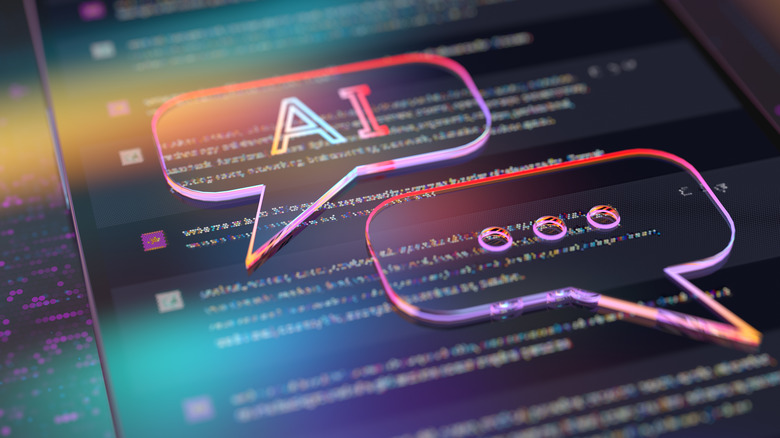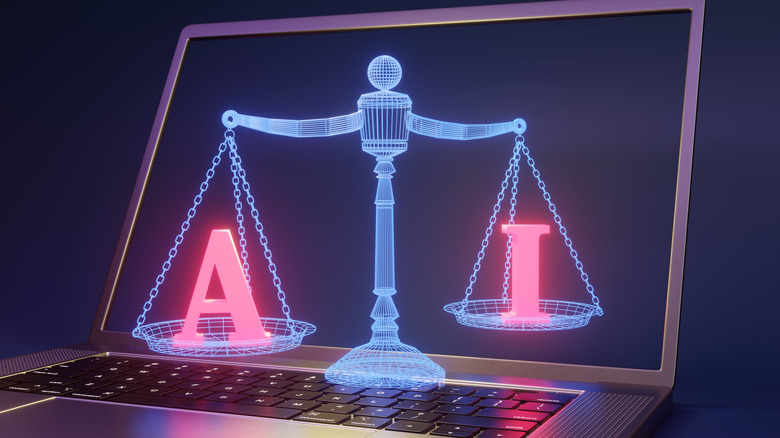Antitrust Suits Explained: What It Means When The Government Goes After Big Tech
"Monopoly" is more than just a popular board game that went off the deep end. In the real world, companies like Live Nation and, of course, tech giants, are accused of holding monopolies. When there's a single company within an industry with enough power to dictate costs, leaving consumers with no alternatives, it becomes too powerful to remain as a single entity. Antitrust laws are designed to keep the market balanced and prevent companies from holding a monopoly, as a free market operates best when there is competition.
Consider when Disney bought 21st Century Fox Studios. The U.S. Department of Justice (DOJ) conducted an investigation and appraisal to determine if Disney's acquisition would harm competition in the market. Ultimately, the DOJ determined it wouldn't, and Disney was allowed to make the purchase. Amazon was also accused of cornering the market in a way that prevents competitors from selling, though the trial for this litigation isn't set to take place until 2026.
These days, the tech industry has been stirring up antitrust lawsuits. With the expansion of artificial intelligence and machine learning, there's a lot for corporations to gain by limiting competition. The government's job is to ensure that other businesses and consumers aren't being taken advantage of.
Did Nvidia, Microsoft, and OpenAI violate antitrust laws?
The rise of artificial Intelligence and machine learning software like OpenAI's ChatGPT in recent years has driven major tech companies to invest exorbitant dollars in them. Microsoft, for example, invested $13 billion in OpenAI and started using its technology in the Bing search engine. Microsoft is easily one of the biggest names in the tech industry, and its no stranger to being a little shady behind the scenes.
So, it might be of little surprise that Microsoft — along with Nvidia and OpenAI — is part of a federal investigation spearheaded by the DOJ to investigate possible collusion. While Nvidia is well known for its graphics cards, it's also working diligently on AI hardware. Meanwhile, the Federal Trade Commission (FTC) is taking the lead on investigating OpenAI and Microsoft.
When the FTC launched its inquiry, its Chair Lina M. Khan said, "Our study will shed light on whether investments and partnerships pursued by dominant companies risk distorting innovation and undermining fair competition." It's worth noting that the United States has been a little slow to regulate AI, falling way behind the European Union's progress in rolling out AI regulations. Time will tell if Microsoft has structured its deals with AI startups and its stake in OpenAI in such a way to get around antitrust scrutiny.
Why regulate AI?
As generative AI models have exploded onto the scene, there have been some exciting and not-so-exciting uses of it. For example, The Beatles were able to produce one last song in 2023 thanks to machine learning. On the more nefarious side of the technology, though, artists and writers can be taken advantage of.
It's not just smaller creators in danger of losing their property to artificially created models. The New York Times also sued OpenAI and Microsoft for copyright infringement, while Getty Images brought forth a lawsuit against the deep learning model Stable Diffusion for its use of Getty's stock photography. Bad actors can easily abuse AI, and all eyes are on the federal government to see which protections, if any, it establishes to protect users.
AI is a new and exciting endeavor that brings with it a lot of demand. Google spent the better part of its IO announcements revealing all the ways it's using AI, and Apple is also getting into the artificially intelligence game. That much demand creates the temptation for one company or another to carve out a big chunk of the market for itself, potentially creating a monopoly. Antitrust suits are part of the checks and balances designed to prevent that from happening.


